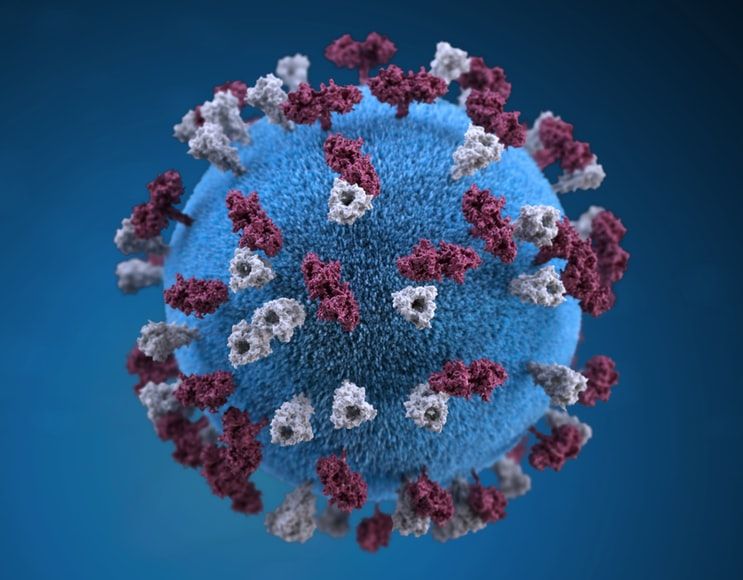India is still reeling as the Delta variant and the wave of death it brought remains fresh in the residents’ memories. Now, data from Cambridge University suggests that the country could see an intense but short-lived wave, as the omicron variant begins to make its presence felt in a population of 1.4 billion.
Speaking of the possible spurt in COVID cases, professor Paul Kattuman of the Judge Business School, at Cambridge University said, “It is likely that India will see a period of explosive growth in daily cases and that the intense growth phase will be relatively short”. They’ve developed a tracker for COVID-19 in India, and based on its readings, said, “New infections will begin to rise in a few days, possibly within this week”.
Also Read | CDC shortens COVID isolation time to five days
The professor and his team of researchers have observed an uptick in infection rates, with the tracker highlighting six states as majorly concerning on December 24. This number jumped to 11 by December 26. According to Kattuman, it is hard to predict at the moment how high daily cases will go.
Currently, India has 781 identified cases of the omicron variant. However, the country has already begun to take strict measures, to avoid a similar situation to the second wave, when its citizens had to plead for oxygen and other medical resources on social media.
While Delhi, one of the worst-hit during the Delta variant, has got colour-coded alert plans in place to assess and react to the situation as it develops, the Prime Minister has also put measures in place. Narendra Modi announced vaccine plans for those aged 15-18 and boosters for frontline workers and the elderly. Today, the Prime Minister will hold a meeting with his Council of Ministers and is expected to further discuss the omicron situation, among other things.
Also Read | Centre asks states to impose district-level restrictions amid COVID surge
India has also okayed two additional vaccines, Covovax and Corbevax, adding to its existing arsenal of doses and medicines to fight COVID-19.
Notably, during the second wave, this tracker in Cambridge had rightly predicted that there would be a deadly peak and also posited that the curve would only be controlled after the country had sufficient vaccine coverage. Having crossed 1 billion vaccinations in October, India is heading towards the next spurt, better prepared than last time.







